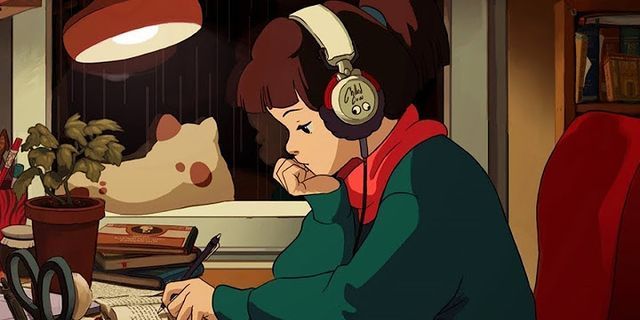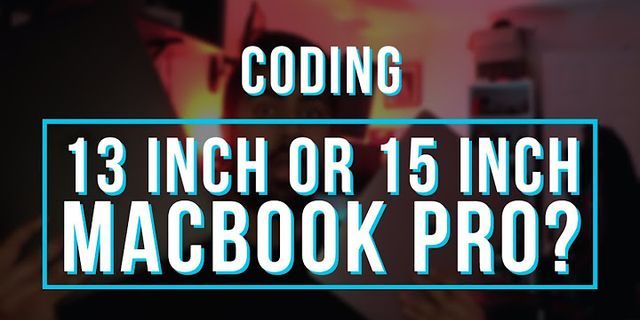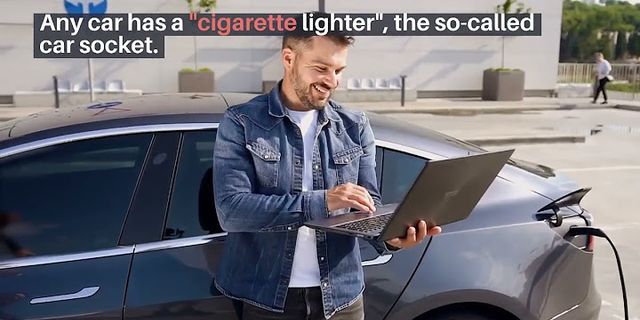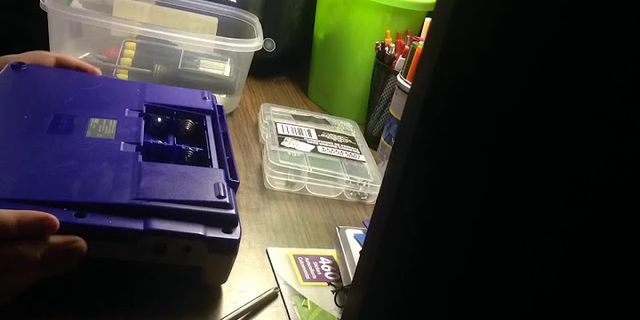What if there were no rules in a dystopian community? We live in a world without the overstated rules, without order, without having to be impeccable, but we have freedom an individuality. “Dystopia” is defined as a fictional world where people live under a highly controlled totalitarian system, where individual identity is suppressed and families no longer exist. Rules and orders are negatively portrayed in dystopian societies and are acclaimed to take away the freedom, choice, and individuality. Henceforth, to inhibit the control within the community, the rules should be restricted. The long list of overstated rules does not make a community perfect. In fact, it limits the people’s ability to be unique individuals and limits the freedom within the community. The rules are not important and should be restricted. These dystopian societies are profoundly ordered and have high standards, but that does not mean that they are perfect. Applying more rules to the community would not change anything. The Oxford dictionary defines “perfect” as having all the required or desirable elements, qualities, or characteristics; as good as it is possible to be. Dystopia is portrayed to be impeccable, but it is not. In fact, the community usually ends up falling apart (like “The Hunger Games”). “Seeing the flaws in a perfect world” (a quote on the cover page of The Giver) also means seeing the imperfect in a perfect world. Consequently, the people living there are extremely blind-sighted by
1) there is no freedom of speech, every word you say in public is recorded. And if you don't complement the government rules or constitution at least once in public, you get hanged for few months. And if you criticize the rules publicly, you are hanged for a year with your toung . 2) if you are a citizen , you can't Travel for vacation whenever you feel like. There are restrictions in traveling. You can only travel once every 10 years. 3) if are caught criticizing religion anywhere, then you are persecuted, regardless of what religion you follow. 4) if a foreigner comes to the country, ge is always monitered and is restricted to go a anywhere he or she wants. 5) There are food restrictions, you are allowed to buy food groceries only once a month. 6) you can only eat twice a day, and if you are caught eating more than twice a day, then you are banned from food for 2 days. You can only drink water for those two days. 7) there are even security cameras with voice recording to make sure that you are not talking bad about the government or or breaking any law. 8) if you work, you must give one fourth of your salary to the government. If you don't, then the government takes all of it. 9) "freedom'is given a new meaning. 10) there is no voting allowed, the government will make the rules. Page 2
What do Person of Interest, Hunger Games and Minority Report have in common? They're all set in a surveillance dystopia, where They are watching your every move and controlling your life with electronic devices. Like all subgenres, these stories have rules. Here are the 10 rules* that define the surveillance dystopia. Skyfall’s high tech storyline was just the latest Hollywood attempt to explore the crazy world of… Read moreThe 4-decade-long space opera that is Star Trek gets a makeover in theaters this week. Why do we… Read more* Any resemblance to actual rules of everyday life is purely coincidental. 1. You wear location trackers that relay your every movement to corporate headquarters. Everyone wears collars, bracelets, implants, or brain caps to track you and keep you calm. You have surgery that turns you into a citizen "on the grid" so that They (always the Big They) know where you are. Or maybe the surveillance device is hidden inside a game, or another device that everyone depends on. You think you're carrying around a communicator or racing game, but it's really telling Them where to find you when they decide to bring you in. 2. Your television is watching you. Again with the fun thing that's actually keeping tabs on how often you open the refrigerator and when you come home. Maybe the CitizenScreen is really obvious and barks at you when you don't do your exercises in the morning. Or maybe it just silently monitors every show you watch and when you blip out the commercials, relaying that information back to Them. How convenient, though, that it has a facial recognition system built in, so that it knows when you've come home and can turn on your favorite episode of Murder Teens. As a side benefit, it can always recognize when you've brought home a new person and can check their faces against a database of Known Offenders. 3. All of your purchases are tracked using small plastic cards you carry everywhere you go. Sometimes you use paper money at the LOLMarts in Slagstown, or you might venture into the Outer Ring to get some Stim with unmarked Bytecash. But mostly you carry your plastic Credit Counter everywhere, zipping it through a machine reader every time you purchase gum, guns, or cheese. Oops! You aren't permitted to buy cheese this week. You need to maintain your BMI at the correct level or you won't be eligible for MedFriends. But They've noticed you have been buying a lot of books about history. Why is that? 4. You can't make a new friend without the government knowing about it. If you aren't on the SocialNet, you don't exist — the government subsidizes it, so everybody gets an account when they turn 14. Before that, your parents control your KiddieTime account, and that's not as fun. If you want to see that guy you met at the mall again, just friend him on SocialNet! You can do it with one swipe on your FunBit. The best part is that SocialNet automatically friends you with classmates and colleagues, so that you know your networks. Don't forget to keep FunBit with you all the time, so you can always share with friends! 5. "Sharing" takes on a new meaning. It's called ShareEcon, or MegaShare or maybe InfoFun. Doesn't matter — it's just the latest new app you've added to your FunBit, and that you fill up with cool stuff about yourself so that all your friends know where you are, what kinds of things you like to do, and what your travel plans are for the next few weeks. Of course you want to share what you read on the Net, and who you're voting for. Once in a while, you'll share what you bought, and help your friends make a good decision about what robotic dog to buy, or which restaurant has the best panko. What you don't realize is that They are watching, too. They own the datastreams, the wires, or the satellites, and they see everything that passes between you and ShareEcon. 6. Hidden cameras record your every move on the streets and at work. You are being watched. That shiny blue blob on the wall is actually a camera. They have cleverly covered the streets in eyes that feed back into thousands of Peace Bureaus, where facial recognition software and SocialNet information provide context. You'll try to find that special red door that marks the place where the Underground meets, down a dark alley where the cameras have been blasted out. But They may have gotten there ahead of you. The red door might always have been a lie. 7. The most popular forms of entertainment involve putting people under surveillance and watching what they do. Murder Teens is all about high school kids who can only win by using school equipment — there are always a lot of pens and FunBits being jammed into eye sockets. Then there's the show where a bunch of people who hate each other are forced to live in an apartment. Every day, they go to a video confessional and tell the audience why one of the other contestants should die. Vote for who dies next with the DieFuckerDie app for FunBit! The best shows, though, are the candid camera ones. Families in remote areas off the Social Net don't even know that the drones and teleflies are watching them do their sordid things. Jailbait Stream was the best one, with all those underage girls undressing at that Quaker school, until some do-gooder group shut it down. 8. Robots read all your mail, looking for key words. How can They keep the peace if the government isn't monitoring what people say on the Net? It's always scanning your messages for secret key words that the Underground uses to get their messages out. Luckily there are companies whose mail systems are designed to scan your words to provide helpful information, like where to eat or what to buy. All that They have to do is insert a few extra commands, to watch for words the helper bots might miss . . . too bad if your friends happen to use one of those words accidentally. Once you're in Their interrogation chambers, it's almost impossible to get out. 9. Giving a song or movie to a friend is a crime. All entertainment is owned by ZIM, which plucks talented kids out of obscurity and turns them into shiny evil disco performers who amp up the masses and focus their emotions on appropriate targets. ZIM wants you to consume more media. But ZIM embeds a special piece of software in every sound or media file that is tailored just for you. It makes you love ZIM more, and want to buy more. But if you give that media to a friend without paying ZIM, that software turns into something else. You've heard of those vacant-eyed people who live in the special ZIM retirement homes. They're well taken care of. They are happy. They consume more media. 10. Nobody is really sure what "privacy" is, and enormous debates and academic treatises are devoted to figuring it out. A fusty old room full of professors is devoted to figuring out what books from history mean when they describe something called privacy. Angry Sousveillance activists gather at street corners, wearing funny masks, and the government keeps huffing about how they'll pass a law, or make a policy, but nobody knows what that means. Even Masterpedia.com says that privacy is a "retro" term, so you're not sure what all the fuss is about. I mean, Masterpedia is edited by citizens, and if they say it's retro, it must be true. |




















